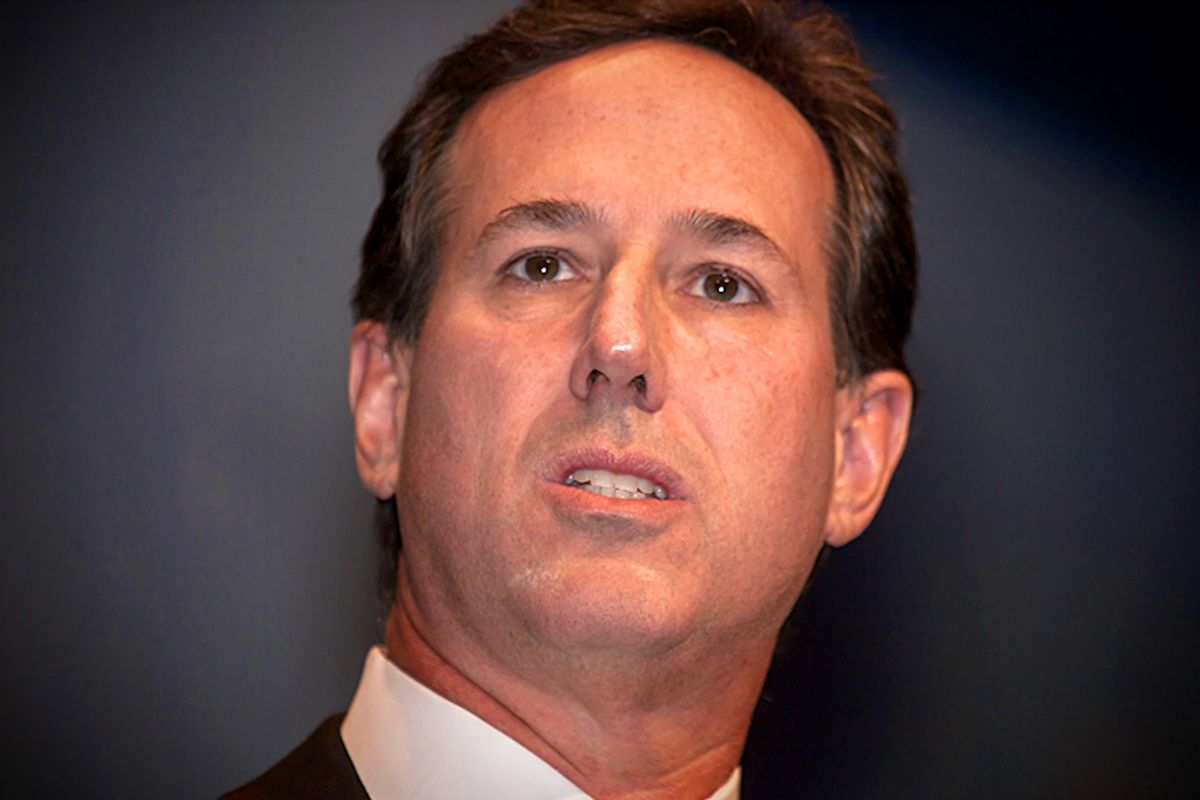While President Obama fired IRS commissioner Steven Miller this week for failing to stop the enhanced scrutiny the IRS gave 501c4 applications with conservative missions, most of the activity happened under a man who was never supposed to get the job: Miller’s predecessor, Doug Shulman. Indeed, the little-known story of how Shulman was appointed by President George W. Bush in 2007 stems from an unfortunate incident that derailed his party’s first choice for the spot.
One thing to keep in mind is that the president and his staff have literally thousands of posts to fill. A White House that doesn’t want to get bogged down will defer many of these lower-level appointments to politicians in his party who have some special interest or expertise in a position. The IRS commissioner is usually seen as a low-level position, since the commissioner merely enforces the law and has no ability to actually make law.
When it came time to replace the retiring IRS commissioner in 2007, Senator Charles Grassley, ranking member on the Senate Finance Committee, offered up one of his senior staffers on the committee by the name of Dean Zerbe.
The president’s people had no real objection to the choice: Zerbe had been on the committee for a long time, and he was considered a tax code savant as well as a shrewd lawyer, albeit one with sharp elbows. But the elbows hit the ribs of people on both sides of the aisle because Zerbe was very aggressive (at his boss’s behest) at rooting out tax dodges and finding ways to raise revenue without increasing taxes.
But Zerbe lost his viability for the post when his aggressiveness flared into a shouting match with a U.S. senator.
In early November of 2005, Senator Grassley — who was the Chair of the Finance Committee at the time by dint of the Republican majority in the senate — had called a meeting of the members of the committee to talk about a few ideas on new revenue raisers. These included a few new ones that Zerbe had concocted, one of which was a proposal to disallow the deduction for charitable donations for the first $400 a taxpayer gives in a year.
The economic thinking behind the idea was that many people report giving at least that much, so this threshold would not impact their decisions on the margin — that is, when contemplating their next charitable donation, they still received the tax break that goes with it. In effect, he tried to find a way to impose a small tax on each household that did not affect anyone’s decisions to do anything on the margin.
Despite its intentions, however, it made for bad politics -- and a number of senators let Grassley and Zerbe know how much they disliked it.
One of those vociferously objecting was Senator Rick Santorum. At the time he was a dead man walking — the polls already showed him behind his challenger by double digits and few people gave him much of a chance to remain in the Senate. Staffers are acutely aware of such things.
That perception no doubt exacerbated the scene. The more that Santorum talked about how much he hated the tax break, the louder and louder he became, and the more direct he was at leveling the criticism at Zerbe himself.
Suddenly, Zerbe responded in kind and began yelling at Senator Santorum — a breach of decorum in a world where no one dares rebuke a senator. Their voices grew louder and they began to approach one another. Once they got near each other saner heads stepped in and separated the two. Grassley pulled Zerbe out of the room and the meeting abruptly ended.
Needless to say, the committee never discussed the idea again.
Fast forward to 2007. The IRS commissioner has left, and Grassley asks the administration to nominate Dean Zerbe. The administration seemed inclined to go along until Max Baucus (now the chair of the Senate Finance Committee after the Senate flipped in the 2006 election) called Treasury Secretary Hank Paulson to let him know that the members of the committee who remembered the 2005 incident were not comfortable with Zerbe as commissioner -- given the Santorum incident -- and would be inclined to reject him were he nominated. Paulson thanked him for the call and told him they’d nominate someone else. Enter Doug Shulman.
In the end, Dean Zerbe would get the last laugh. He never became IRS commissioner, but after being passed over for it, he went into private practice and found himself representing an IRS whistleblower. The statute that rewards whistleblowers with a fraction of the amount they save the government — which Zerbe helped to craft — resulted in a payoff for his client approaching $100 million, a fraction of which went to Zerbe.



Shares